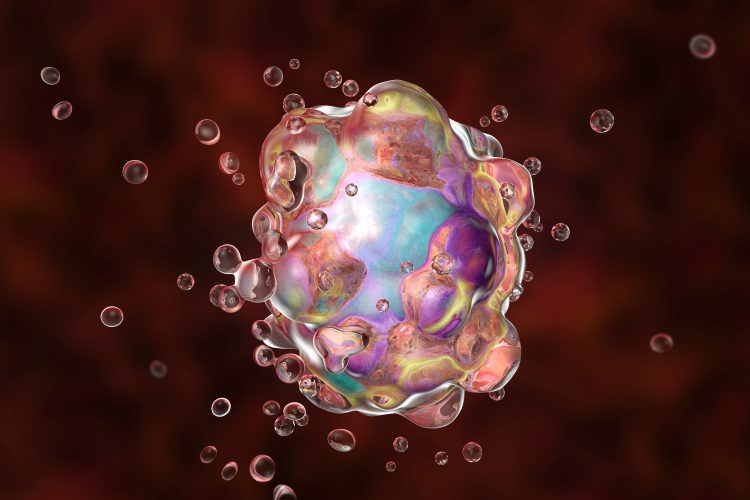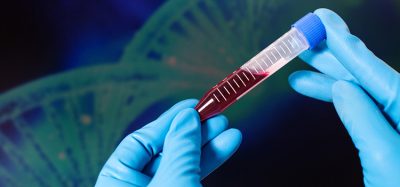How dying cells prevent autoimmune reactions could inform treatments
Posted: 9 January 2020 | Hannah Balfour (Drug Target Review) | No comments yet
The interaction between proteins on apoptotic cells and receptors of the murine immune system prevents autoimmune reactions and could be the basis for new treatments, according to scientists.


Scientists have identified a receptor on murine immune cells that stops an autoimmune reaction in response to immune system cells engulfing the proteins of host tissues dying through apoptosis.
The research was conducted at the German Cancer Research Center or Deutsches Krebsforschungszentrum (DKFZ).
“We began wondering many years ago what kind of protective mechanism prevents autoimmune reactions – the body attacking its own tissues – when cells in the immune system, such as dendritic cells, take up the remains of the dead cells,” said Peter Krammer, an immunologist at the DKFZ.
The study, published in Cell Reports, reveals that as soon as apoptosis is triggered, the dying cells transport annexin proteins to the cell surface. The annexins act as a stop signal for the cells of the immune system and prevent an immune response from being triggered.
The annexin-binding receptor on the surface of dendritic cells was identified as dectin-1. Murine models with dectin-1 deletions showed a stronger immune response to apoptotic cells and developed symptoms of autoimmune conditions in later life. The team concluded dectin-1 interaction with annexin is an important control mechanism to prevent autoimmunity.
“But we assume that the body has other protective functions to prevent autoimmune reactions too. That’s why the loss of dectin-1 in the animals does not become apparent until later in life,” explained Kevin Bode, a scientist from Krammer’s department.
…models with dectin-1 deletions showed a stronger immune response to apoptotic cells and developed symptoms of autoimmune conditions”
“Interestingly, dectin-1 has a dual role,” added Krammer. Dectin-1 not only binds annexins; it also binds certain pathogens at a different binding site, which triggers an immune response. “We thus identified a crucial immune checkpoint which, depending on the binding partner, either triggers or suppresses the immune response,” he explained.
The team also highlighted the enzyme NADPH oxidase 2 as a key link in the dectin-1 signalling pathway. Individuals lacking this enzyme develop autoimmune diseases. In co-operation with the Children’s Hospital Zurich and Heidelberg University Hospital, the DKFZ researchers are currently examining blood samples from patients lacking NADPH oxidase 2 to find new starting points for potential treatments.
Related topics
Biotherapeutics, Disease Research, Drug Targets, Protein, Targets
Related conditions
autoimmune diseases
Related organisations
German Cancer Research Center (DKFZ)
Related people
Kevin Bode, Peter Krammer








